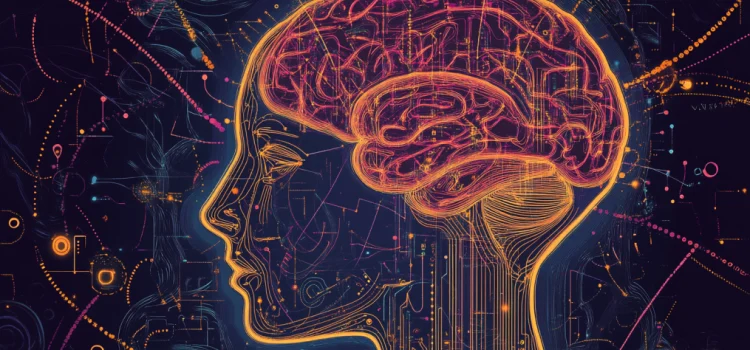Why is it so hard to admit when you’re wrong? What if there were a way to make this process easier and more beneficial? In her book Being Wrong, Kathryn Schulz explores the concept of error and how to accept being wrong. She offers insights on embracing uncertainty, dealing with change, and viewing mistakes as opportunities for growth. Read more to discover how to accept being wrong and turn the experience into a positive one.
How to Accept Being Wrong & Get Used to Being Uncertain










